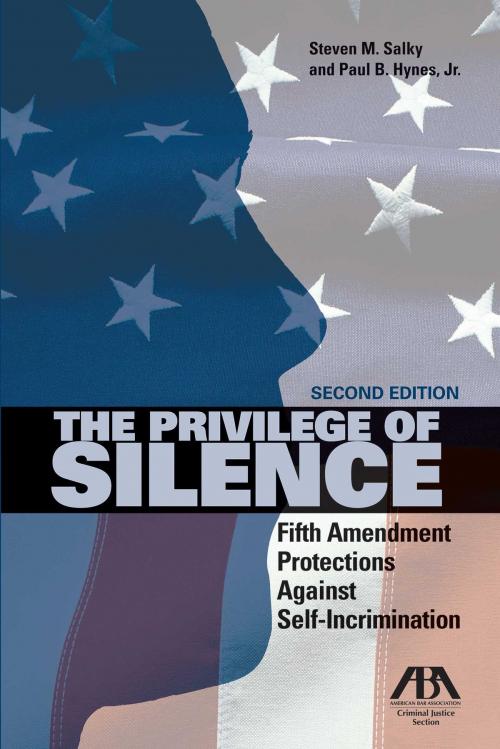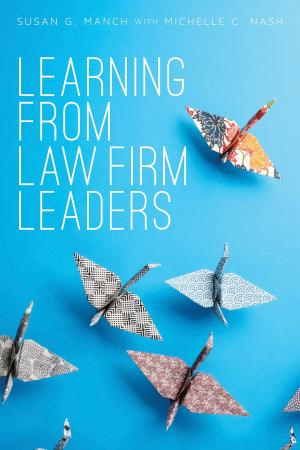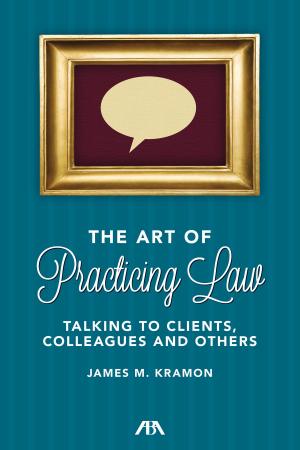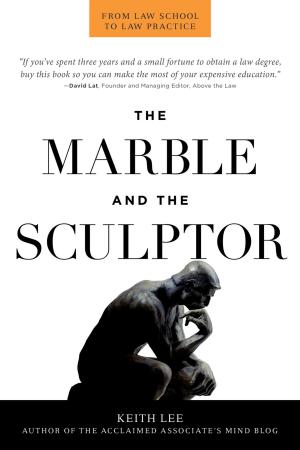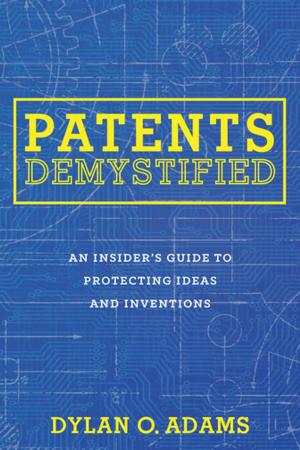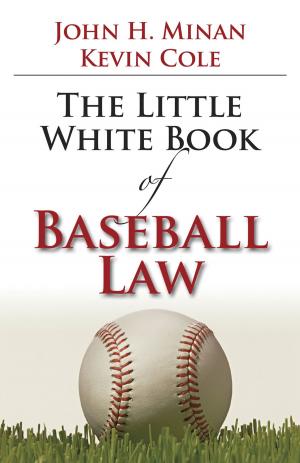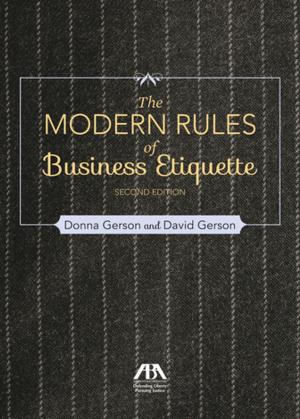The Privilege of Silence
Fifth Amendment Protections Against Self Incrimination
Nonfiction, Reference & Language, Law, Criminal Procedure, Constitutional, Criminal law| Author: | Steven M. Salky, Paul B. Hynes Jr. | ISBN: | 9781627225786 |
| Publisher: | American Bar Association | Publication: | April 16, 2015 |
| Imprint: | American Bar Association | Language: | English |
| Author: | Steven M. Salky, Paul B. Hynes Jr. |
| ISBN: | 9781627225786 |
| Publisher: | American Bar Association |
| Publication: | April 16, 2015 |
| Imprint: | American Bar Association |
| Language: | English |
The U.S. Constitution provides that "no person shall be compelled in any criminal case to be a witness against himself." While this portion of the Fifth Amendment contains only fifteen words, its application can be deceptively complex. Using the Fifth Amendment right against self-incrimination is dependent on the factual setting in which the privilege is asserted, with the values served often balanced against the competing interests at stake.
This book explains the contours of the Fifth Amendment privilege against self-incrimination in practice, providing a guide for both the civil litigator and the criminal lawyer. The Privilege of Silence organizes the relevant case law so that lawyers may advise and represent their clients by focusing on the practical aspects of Fifth Amendment assertions in all proceedings.
This book explains the contours of the Fifth Amendment privilege against self-incrimination in practice, providing a guide for both the civil litigator and the criminal lawyer. The Privilege of Silence organizes the relevant case law so that lawyers may advise and represent their clients by focusing on the practical aspects of Fifth Amendment assertions in all proceedings.
The U.S. Constitution provides that "no person shall be compelled in any criminal case to be a witness against himself." While this portion of the Fifth Amendment contains only fifteen words, its application can be deceptively complex. Using the Fifth Amendment right against self-incrimination is dependent on the factual setting in which the privilege is asserted, with the values served often balanced against the competing interests at stake.
This book explains the contours of the Fifth Amendment privilege against self-incrimination in practice, providing a guide for both the civil litigator and the criminal lawyer. The Privilege of Silence organizes the relevant case law so that lawyers may advise and represent their clients by focusing on the practical aspects of Fifth Amendment assertions in all proceedings.
This book explains the contours of the Fifth Amendment privilege against self-incrimination in practice, providing a guide for both the civil litigator and the criminal lawyer. The Privilege of Silence organizes the relevant case law so that lawyers may advise and represent their clients by focusing on the practical aspects of Fifth Amendment assertions in all proceedings.
